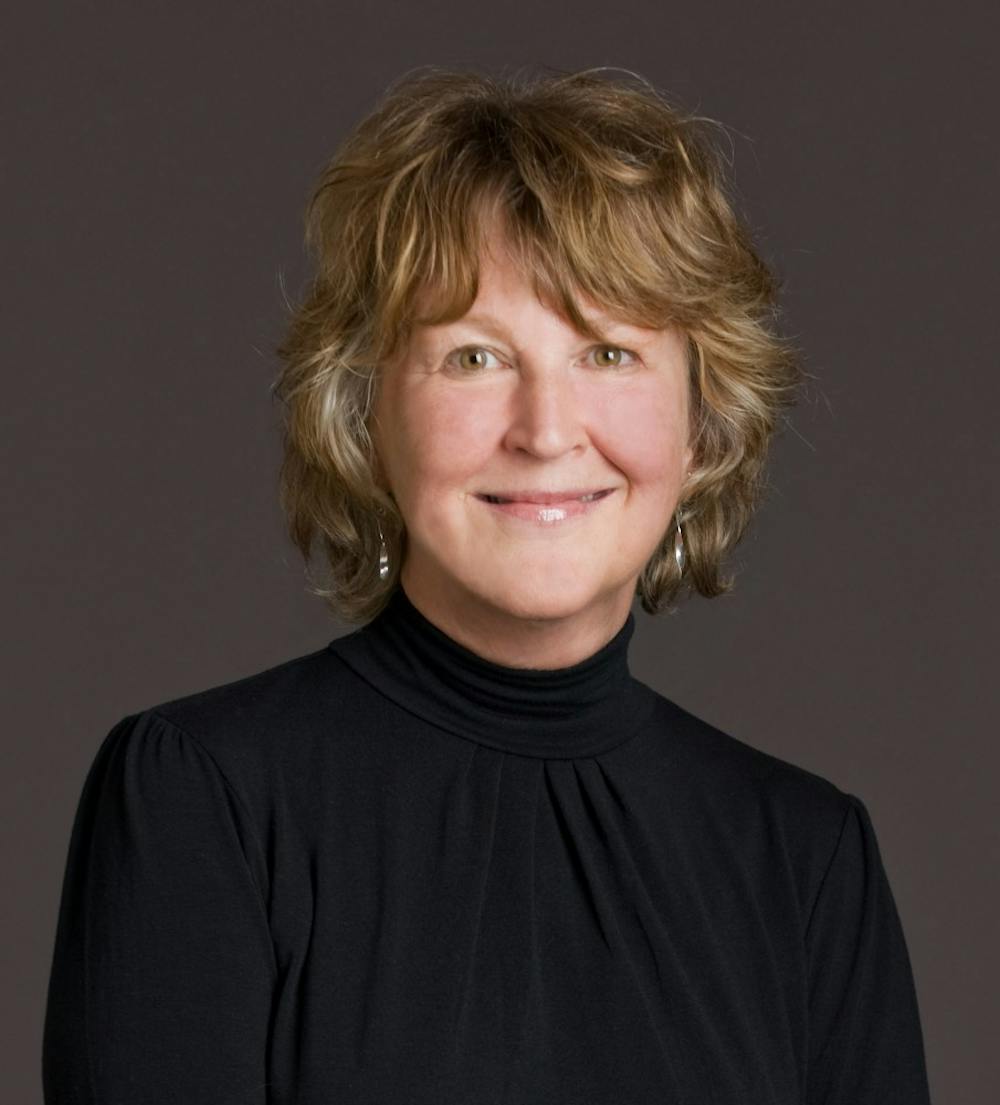Minrose Gwin is holding a talk about her most recent novel, "Promise," at Flyleaf Books on Tuesday at 6 p.m. This journalist-turned-author is also a UNC faculty member.
Staff writer Will Shropshire spoke with Gwin about "Promise" and her advice for aspiring authors.
The Daily Tar Heel: You began your career as a news reporter. How did you make the transition to being an author?
Minrose Gwin: I just decided that I loved literature, and I wanted to go back to graduate school and learn more about it. It was kind of an incremental process going back to school. My last newspaper job was a night news reporter because I had a baby, and I wanted to be at home with the baby during the day while my husband was at work. So, I could only take one course a semester toward a Master’s Degree, and I finally realized, “Wow! I have a Master’s Degree. Maybe I should go on for a Ph.D.” And I did. I just kinda slid into it, if you know what I mean.
Being a newspaper reporter taught me a lot about writing — and particularly about writing a book like this one, which is historical fiction — and trying to get the facts right. Of course, it was a huge difference between writing a novel and writing a news story. It taught me to get the facts right above anything, even what blooms when, where. You want some sort of factual basis to make things real.
DTH: Now you’re a seasoned author. What advice would you give yourself if you could go back in time to when you were writing your first book?
MG: I would say don’t be such a perfectionist. Try to get it down on paper. Try to get the story out as quickly as you can and then worry about revising. Because that way, you manage to produce a book of good quality, hopefully, that is written more expeditiously. It took me a very long time to write “The Queen of Palmyra,” which was my first novel. And it took me an even longer time to write my memoir, which came out in 2004. Get it down on paper, and then you can tinker with it and work on it.
DTH: What’s your favorite book you’ve written so far?
MG: My favorite is my most recent, “Promise,” just because I feel so close to it. It is my baby. I haven’t sent it out into the world. It hasn’t settled yet in the world. It’s still a part of me and a part of the writing.



